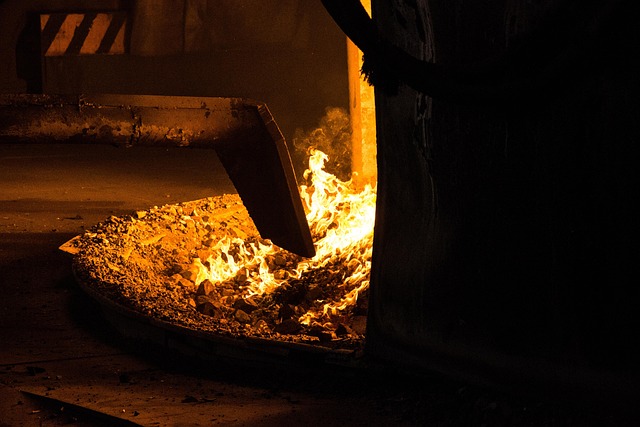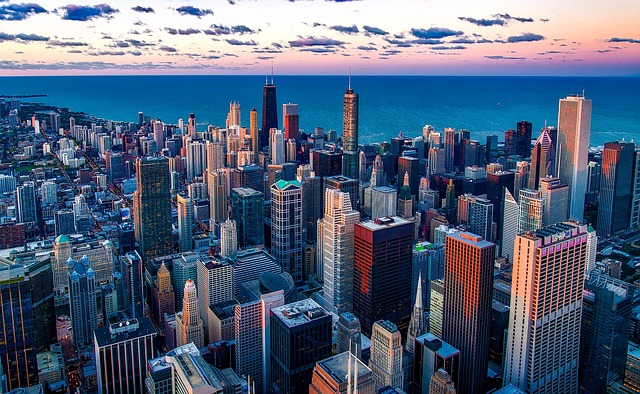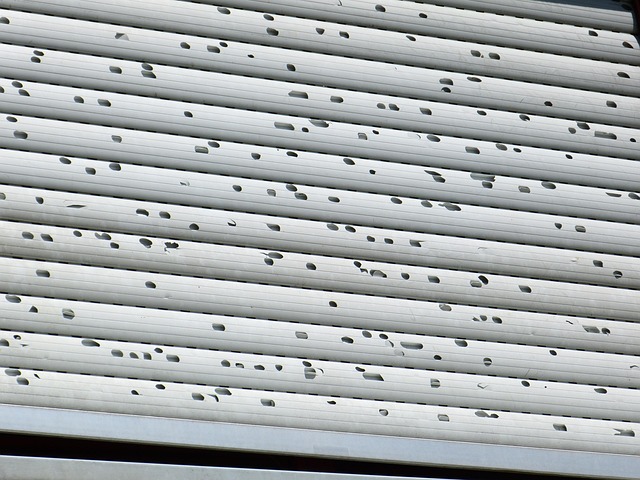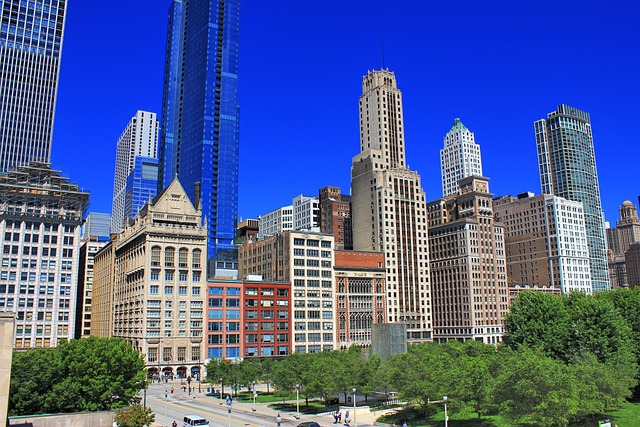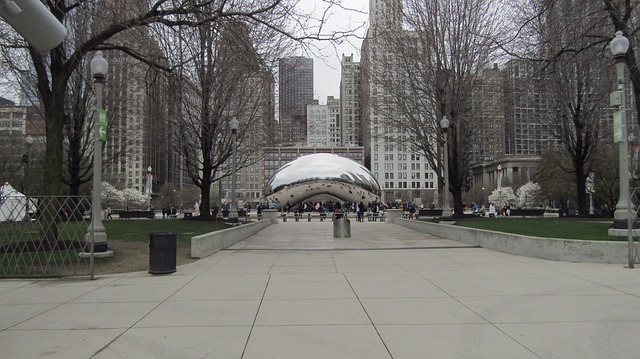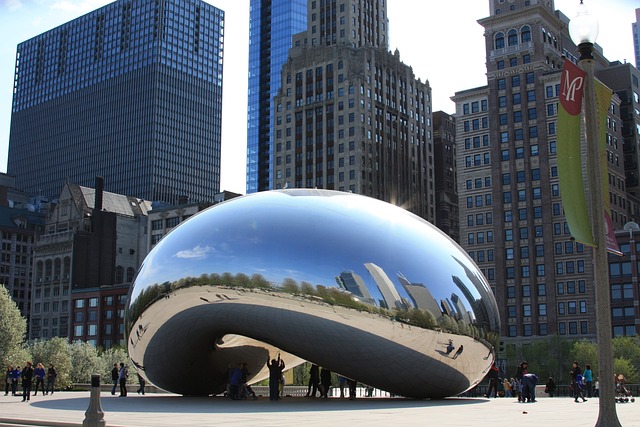In Chicago's competitive real estate market, house flipping involves purchasing distressed properties, particularly fire-damaged homes, at low prices and transforming them into desirable residences through significant renovation. Flippers must adhere to strict building codes and zoning regulations while capitalizing on the city's growing housing demand. By employing skilled contractors and staying informed about local trends, they contribute to urban renewal and sell these fire-damaged homes profitably.
“Uncover the art of house flipping in Chicago’s dynamic real estate market, specifically focusing on navigating the unique challenges of selling fire-damaged properties. This comprehensive guide delves into proven strategies employed by top specialists, providing insights on everything from identifying lucrative flip opportunities to ensuring legal compliance and enhancing property value post-renovation. Learn how to transform historic neighborhoods through successful flips while avoiding common pitfalls. Discover the trends shaping Chicago’s house flipping future and maximize profits with a positive community impact.”
Understanding House Flipping in Chicago's Real Estate Market

In the competitive Chicago real estate market, house flipping has emerged as a dynamic strategy for investors. This process involves purchasing distressed properties, such as fire-damaged homes, at below-market prices, renovating them to increase their value, and then quickly reselling for a profit. Chicago’s diverse neighborhoods offer both urban challenges and opportunities for flippers, who must navigate strict building codes and zoning regulations while capitalizing on the city’s growing demand for housing.
Fire-damaged homes in particular present unique scenarios for flippers in Chicago. These properties often require extensive repairs, from structural stabilization to complete renovations of kitchens and bathrooms. However, successfully flipping a fire-damaged home can be highly rewarding, as it not only revitalizes a distressed property but also contributes to the city’s urban renewal. By employing skilled contractors and staying informed about local real estate trends, flippers can effectively transform these damaged spaces into desirable residences, ensuring they meet Chicago’s high standards for both safety and aesthetics.
Chicago’s real estate market presents unique opportunities for house flipping, particularly with properties that require renovation. For those considering investing in fire-damaged homes, understanding the local regulations and having access to reliable specialists is key. By expertly navigating the process, house flipping experts can transform these challenged properties into lucrative sales, showcasing Chicago’s diverse housing market. With the right approach, selling a fire-damaged home can be a successful venture, offering both financial gains and community revitalisation.
